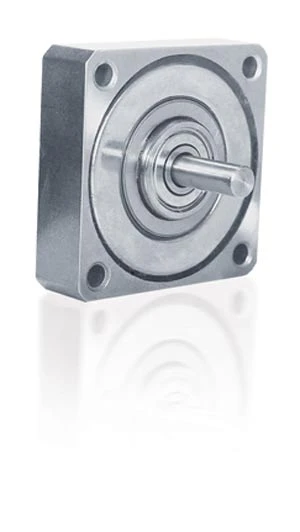
When selecting a step motor for an application in the medical industry, many factors need to be considered. Generally, most medical applications require a motor that is not only small and reliable, but they also require the motor's performance to be quiet, smooth and accurate. Achieving all of these key performance characteristics is no small task. Most medical applications operate in very critical environments; therefore, choosing the right stepper motor is of the utmost importance.
A company in the medical industry approached Lin Engineering, a Santa Clara, CA-based step motor manufacturer, with an application that involved integrating a step motor into an automated implantation system for isotope seeds. Once it's developed, the machine would be used to treat cancer patients. Given the context of where the motor would be used, the characteristics below were a must:
- Reliable
- Small Package (less than 0.65 in. thick)
- Extremely Accurate
- Quiet
- Custom Shaft
After examining the customer's requirements, Lin Engineering determined that a 0.9°, NEMA frame size 17 motor would be just right to meet the demands. In fact, Lin's 416 Super Slim Line motors fit the bill.
Not only is the 416-06 motor a mere 0.58 in. thick, over the years it has proven to be extremely accurate, quiet and reliable. The final requirement for the customer was a slotted shaft option. With an in-house pilot line that is dedicated to building prototypes and custom motors, Lin Engineering was able to modify the 416-06 motor's shaft to meet the customer's request.

Explore the April 2007 Issue
Check out more from this issue and find your next story to read.
Latest from Today's Medical Developments
- Arcline to sell Medical Manufacturing Technologies to Perimeter Solutions
- Decline in German machine tool orders bottoming out
- Analysis, trends, and forecasts for the future of additive manufacturing
- BlueForge Alliance Webinar Series Part III: Integrate Nationally, Catalyze Locally
- Robot orders accelerate in Q3
- Pro Shrink TubeChiller makes shrink-fit tool holding safer, easier
- Revolutionizing biocompatibility: The role of amnion in next-generation medical devices
- #56 Lunch + Learn Podcast with Techman Robot + AMET Inc.





